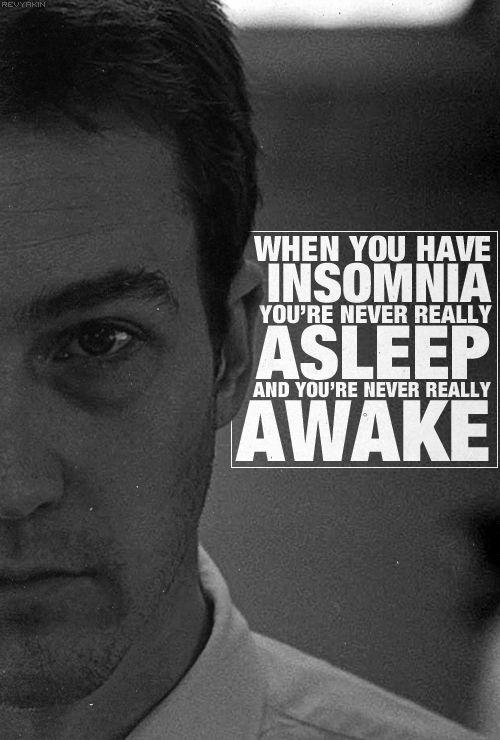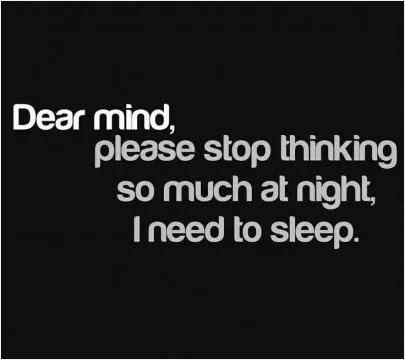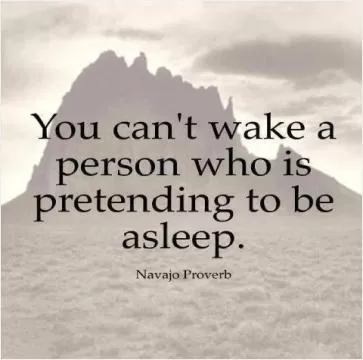When you have insomnia you're never really asleep and you're never really awake

When you have insomnia you're never really asleep and you're never really awake
Insomnia is a common sleep disorder that affects millions of people worldwide. It is characterized by difficulty falling asleep, staying asleep, or both. Those who suffer from insomnia often feel like they are in a constant state of limbo, never fully asleep and never fully awake. This can have a profound impact on their physical, mental, and emotional well-being.When you have insomnia, your sleep is fragmented and shallow. You may toss and turn for hours before finally drifting off, only to wake up multiple times throughout the night. This constant state of unrest can leave you feeling exhausted and drained during the day, making it difficult to concentrate, focus, and perform daily tasks. It can also lead to irritability, mood swings, and a general sense of malaise.
The quote "When you have insomnia you're never really asleep and you're never really awake" perfectly captures the paradoxical nature of this sleep disorder. While you may spend hours in bed trying to fall asleep, your mind is often racing with thoughts, worries, and anxieties that prevent you from truly relaxing and drifting off. Even when you do manage to fall asleep, it is often light and restless, leaving you feeling groggy and unrefreshed in the morning.
Insomnia can also have a negative impact on your physical health. Chronic sleep deprivation has been linked to a variety of health problems, including obesity, diabetes, heart disease, and weakened immune function. It can also exacerbate existing health conditions, such as depression, anxiety, and chronic pain. In short, insomnia can have far-reaching consequences that extend beyond just feeling tired and sleepy.
Fortunately, there are ways to manage and treat insomnia. Cognitive-behavioral therapy for insomnia (CBT-I) is a highly effective treatment that helps individuals identify and change negative thought patterns and behaviors that contribute to their sleep problems. Other strategies, such as creating a relaxing bedtime routine, practicing good sleep hygiene, and avoiding stimulants like caffeine and electronics before bed, can also help improve sleep quality.












 Friendship Quotes
Friendship Quotes Love Quotes
Love Quotes Life Quotes
Life Quotes Funny Quotes
Funny Quotes Motivational Quotes
Motivational Quotes Inspirational Quotes
Inspirational Quotes